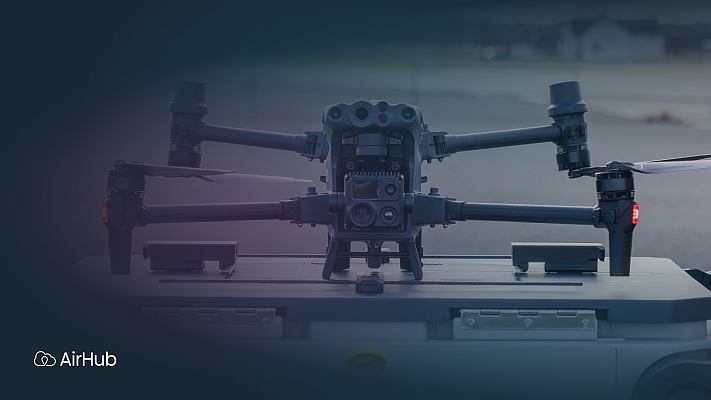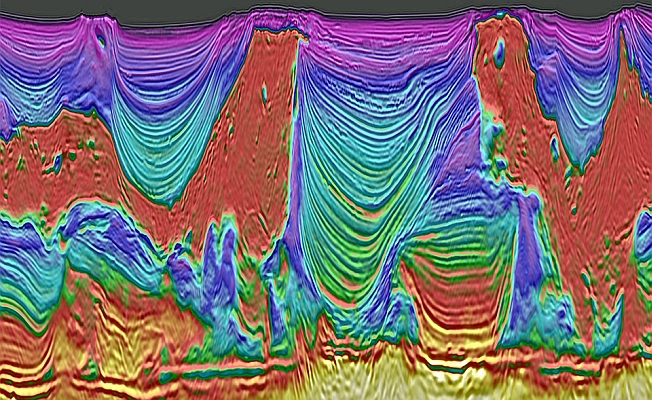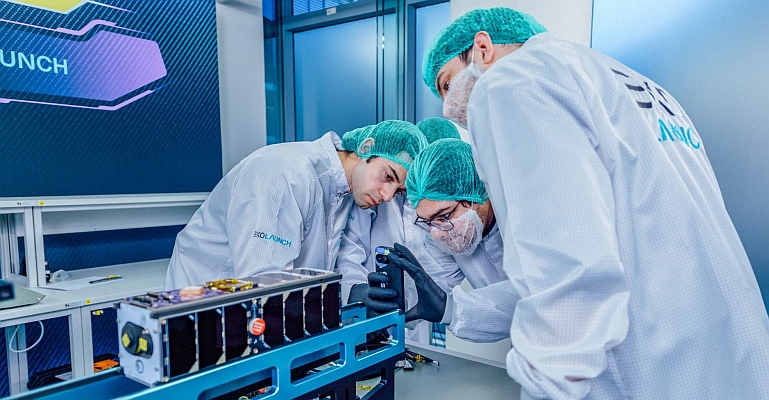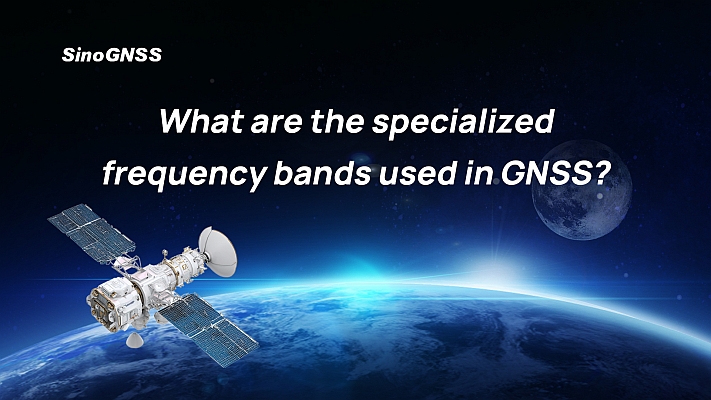The Esri International User Conference provides an opportunity to honor individuals and organizations for their exceptional work in geographic information system (GIS) technology. At this year’s 30th Annual User Conference, Esri president Jack Dangermond presented the Lifetime Achievement in GIS Award to Antonio Carlos Salmán Gonzalez, longtime Mexican cartographer and visionary.
“GIS provides the enlightenment and awareness necessary to stimulate the urgent changes needed in Mexico so that its citizens can realize their full potential,” says Salmán.
Salmán has spent nearly 40 years developing mapping projects in Mexico and abroad. He began his career in 1971 as a photogrammetrist with the Commission for Studies of the National Territory (CETENAL), a Mexican government agency. In 1974, he was awarded a scholarship to the International Training Centre for Aerial Survey (ITC) in the Netherlands, where he completed a postgraduate degree in photogrammetry. Salmán returned to Mexico in 1975 to head the photogrammetry department at CETENAL. Later, CETENAL suspended the production of the country’s National Inventory of Natural Resources project, arguing that it was not cost-effective to continue collecting the information at a national level. Recognizing the immense value of the inventory, Salmán mounted an unsuccessful campaign to continue the project.
Because of his belief in the importance of maintaining a national resources inventory for the country’s economic sustainability, he left CETENAL in 1980 to form Sistemas de Información Geográfica, S.A. (SIGSA) and provide those mapping services he felt were of national importance. SIGSA’s Mexico Project develops national maps using ArcGIS technology at varying scales, from 1:1,000 in urban areas to 1:20,000 in rural regions, which are used for a variety of projects and studies.
“I believe that before Mexico can realize a true understanding and stewardship of its natural resources, we must first achieve what I call the knowledge revolution,” concludes Salmán. “Information does not benefit a society unless it is commonly shared and transformed into social knowledge, which facilitates greater understanding and awareness.”
Follow us on Twitter.






